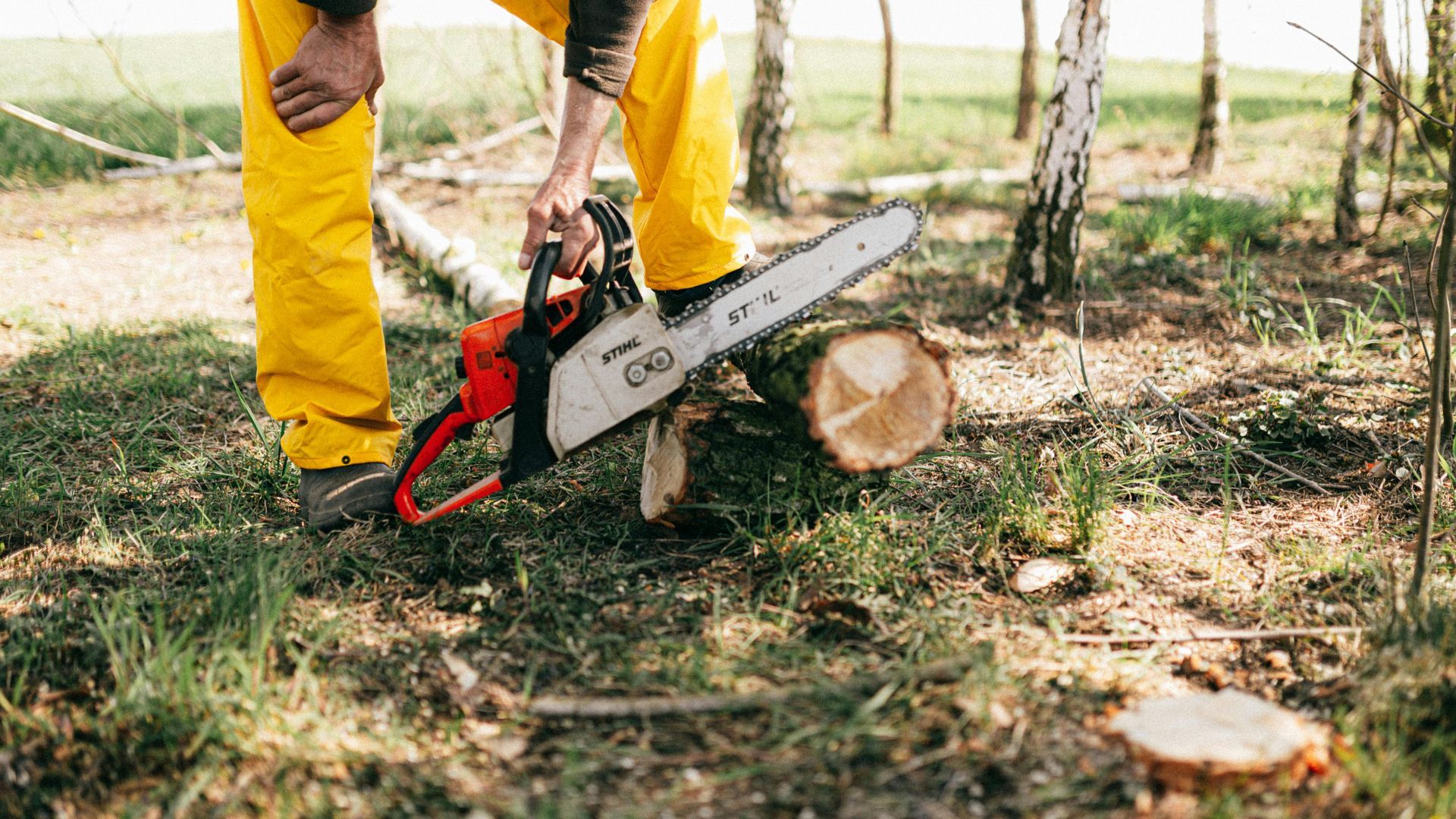Psychosocial Issues in Agriculture and the Role of Workplace Health and Safety

How to manage Psychosocial issues in Agriculture
Agriculture, a cornerstone of human civilisation, presents unique psychosocial challenges. The mental and social dimensions of farmers' well-being are critical yet often overlooked aspects of agricultural work.
Addressing these issues through comprehensive Workplace Health and Safety (WH&S) programs can significantly improve the quality of life for agricultural workers and enhance productivity. This think piece delves into the psychosocial issues prevalent in agriculture and explores how WH&S can support this vital sector.
What are psychosocial hazards?
A psychosocial hazard is anything that could cause psychological harm (e.g. harm someone’s mental health) (Safe Work Australia). Psychosocial hazards and their effects are not always obvious. But managing psychosocial hazards and risks at work is just as important as managing physical risks.
Understanding Psychosocial Issues in Agriculture
Agricultural work is inherently stressful due to factors such as financial instability, unpredictable weather conditions, isolation, and physically demanding tasks. These stressors contribute to a range of psychosocial issues including:
- Mental Health Problems: Farmers often experience high levels of stress, anxiety, and depression. Financial pressures, the unpredictability of crop yields, and market fluctuations can exacerbate these conditions. The stigma associated with seeking mental health support in rural areas further complicates the situation.
- Social Isolation: Many agricultural workers live in remote areas, leading to social isolation. This isolation can result in feelings of loneliness and a lack of social support, negatively impacting mental health.
- Work-Life Balance: The demanding nature of farming can blur the lines between work and personal life. Long hours and the necessity to work during peak seasons can strain familial relationships and lead to burnout.
- Substance Abuse: The high-stress environment can lead some agricultural workers to substance abuse as a coping mechanism, creating a vicious cycle of dependence and declining mental health.
The Role of Workplace Health and Safety
Workplace Health and Safety (WH&S) programs play a pivotal role in addressing these psychosocial issues. By implementing comprehensive WH&S strategies, agricultural employers can create a safer and more supportive work environment.
Promoting Mental Health Awareness
WH&S initiatives should prioritise mental health awareness and education. Training programs can help workers recognise the signs of stress, anxiety, and depression in themselves and others. Providing access to mental health resources, such as counselling services and hotlines, can offer crucial support. Employers can also organise workshops and seminars to reduce the stigma associated with mental health issues, encouraging workers to seek help without fear of judgement.
Find more information to help you start a conversation with staff in this RUOK? resource.
Enhancing Social Support
Creating opportunities for social interaction and community building can mitigate feelings of isolation. WH&S programs can facilitate regular social events, peer support groups, and team-building activities. Encouraging open communication and fostering a supportive workplace culture can help workers feel more connected and valued.
For more information and resources to help develop a healthy workplace visit Beyond Blue.
Ensuring Work-Life Balance
WH&S policies should promote a healthy work-life balance. This can be achieved by implementing flexible work schedules, providing adequate rest periods, and ensuring that workers have access to leave during critical personal events. Educating workers about the importance of downtime and setting boundaries can prevent burnout and improve overall well-being.
There are lots of resources available from Safe Work Australia.
Addressing Substance Abuse
Substance abuse prevention should be an integral part of WH&S programs. This includes offering educational programs about the risks of substance abuse and providing access to rehabilitation services for those in need. Employers can also establish clear policies on substance use and create a supportive environment for workers seeking help.
Sober in the Country is a national charity creating radical social change and saving the lives of rural and remote Australians affected by alcohol and drug abuse. To find out more, visit their website by clicking the button below.
Improving Physical Working Conditions
Physical safety and comfort are closely linked to psychosocial well-being. WH&S programs should ensure that agricultural workers have safe and ergonomic working conditions. Regular safety training, access to protective equipment, and the implementation of safety protocols can reduce physical strain and injury, indirectly supporting mental health by reducing stressors.
Injury Prevention and Management Program - IPaM is a free program delivered by WHSQ and WorkCover Queensland to help Queensland businesses develop and implement sustainable health, safety and injury management systems.
Modelling Psychological Self-Care
Farms are big businesses, run by small teams - and mostly kept in the family, with 99% of Australian farms estimated to be operated by families. So, the best practice is to lead by example by modelling psychological self-care for yourself, your family and your team (Aussie Helpers).
Here are some tips:
- Take time for a lunch break and, if possible, connect with others on the farm
- Take up a hobby or make time to learn something new - not related to work
- Make time to engage with positive friends and family
- Take time to relax and recover
Other ways to practice self-care include:
- Keeping up to date with the latest in the field by attending events, engaging with peers and reading journals
- Develop a regular sleep routine, move your body and aim for a healthy diet
- Prioritise your close relationships and talk to others about how you're coping with work and life demands.
These tips come from the Aussie Helpers website, a charity dedicated to supporting farmers and farming communities in need.
Conclusion
The psychosocial issues in agriculture are complex and multifaceted, impacting the mental health and well-being of agricultural workers. Comprehensive WH&S programs are essential in addressing these challenges. By promoting mental health awareness, enhancing social support, ensuring work-life balance, addressing substance abuse, and improving physical working conditions, WH&S can create a safer, healthier, and more supportive environment for agricultural workers. Investing in these strategies not only benefits the workers but also contributes to the sustainability and productivity of the agricultural sector.
Where can I find more information?
For Mental Health Support:
If you or a colleague are feeling depressed, stressed or anxious there are services to help.
Want more information on Risk Pass?
Quick Links
Location
Brisbane QLD 4505, Australia


